President Mnangagwa's administration has taken adequate executive decisions to ensure free, fair and credible elections and Government will not lecture the Zimbabwe Electoral Commission (ZEC) on how to run polls as this is provided for by the law, a Government official has said.
Secretary for Information, Media and Broadcasting Services Mr George Charamba yesterday said democracy was unfolding in Zimbabwe, with Government guaranteeing a peaceful poll, inviting international observers of "all colour and manner", adequately resourcing ZEC to smoothly run the plebiscite while all opposition parties have access to the public media.
This is against claims by United States Senator Mr Chris Coons who recently told CGTN Africa - the African Bureau of China Global Television Network - that President Mnangagwa's administration had not taken concrete steps to ensure credible elections.
Mr Coons, together with four other members of the US Senate Foreign Relations Committee, visited Zimbabwe in April and met President Mnangagwa, Government officials, opposition political parties and civil society organisations.
Senators Coons and Jeff Flake lead the drafting of proposed amendments to the Zimbabwe Democracy and Economic Recovery Act (ZIDERA), the American legislation that imposed sanctions on Zimbabwe.
In the interview with CGTN, he conceded the destructive effects American sanctions have had on ordinary Zimbabweans.
He listed a plethora of reforms Government had implemented to ensure credible elections but still maintained that "concrete steps were still needed".
Said Mr Coons: "It has been wonderful to hear he (President Mnangagwa) is encouraging private and public comments, welcoming international observers, publishing and identifying the list of where polling will take place, providing access to state media for candidates, which are basic indicators for free and fair elections but no concrete steps have been taken, at least that I am aware of."
Mr Charamba said it was pleasing Mr Coons admitted the illegal sanctions undermined the economy and intercepted free-flow of investment capital.
But he said it was sad that in his rush to buy the Zimbabwean opposition's viewpoint, Mr Coons did not recognise the separation of powers, a key principle in running a State.
He said in respect of the executive, Government had taken "key and unexampled" steps to ensure an uncontested election.
"First, Government has guaranteed a peaceful poll, which is why the President has been unambiguous in his call for peace as well as taking the unexampled decision to meet with opposition parties once the Nomination Court has confirmed who is genuine and who is not," Mr Charamba said.
"The idea is to get all parties to commit themselves to a non-violent free poll. Equally, the security structures are under strict orders to undergird peace in the country before, during and after the elections. That's a key responsibility of Government.
"Second, the Government has taken a decision to invite international observers of all colour and manner to ensure the whole plebiscite unfolds in the full glare of the world."
Mr Charamba said Government had resourced Zec for it to discharge its constitutional mandate without constraints.
"What Government cannot do and will not do, consistent with the law, is to instruct Zec on how to run the elections," he said.
"Maybe what is unclear to the Senator is that Zec is a constitutional creature whose independence is provided for in the law.
Whether, when and how it releases the voters' roll and in what format, is for it to determine without undue influence from any player national or international, inside Government or outside Government. How it deploys resources availed to it to arrive at a decision on who will provide voting material, including voting paper, ink and all the attendant paraphernalia, is its prerogative."
Constitutional commissions came into being at the insistence of opposition parties led by the MDC-T during the Government of National Unity (GNU) era.
Before the GNU, the executive system did not have constitutional commissions.
Mr Charamba said Zec, in terms of the Electoral Act, was empowered to monitor the behaviour and performance of all media institutions.
"However, what seems unclear to the Congressman is that Section 61 (4) (a) of the Zimbabwean Constitution vests editorial powers in media institutions to determine story treatment. It does not provide or suggest that this is a matter for a sitting Government, any opposition party or even a constitutional commission," Mr Charamba said.
"I can confirm that there has been extensive coverage of opposition rallies by the national media including doing interviews with them. What I am aware of is that a few weeks back, the MDCs wrote to ZBC complaining about the treatment of their stories. This means they are not making any issue of access but one of editorial direction, which is why they have to be mindful of what the Constitution says on the matter."
He went on: "As for the Congressman, surely he is not suggesting that because the BBC, through its HardTalk programme, was unflattering to Chamisa, follows that there was no opposition access to the media."
He said Government would defend the editorial autonomy of news organisations in the country.
- the herald
 Top Zimbabwe business executive arrested for fraud
Top Zimbabwe business executive arrested for fraud  South Africa is in serious trouble
South Africa is in serious trouble  US halts visa services for Zimbabwean nationals
US halts visa services for Zimbabwean nationals  ZSE and VFEX recover after weak 1st half
ZSE and VFEX recover after weak 1st half  Gold edges up as traders await guidance
Gold edges up as traders await guidance  Zimbabwe Agricultural Show 2025 kicks off
Zimbabwe Agricultural Show 2025 kicks off  Young Investment Professional (YIP) Graduate Programme 2019
Young Investment Professional (YIP) Graduate Programme 2019 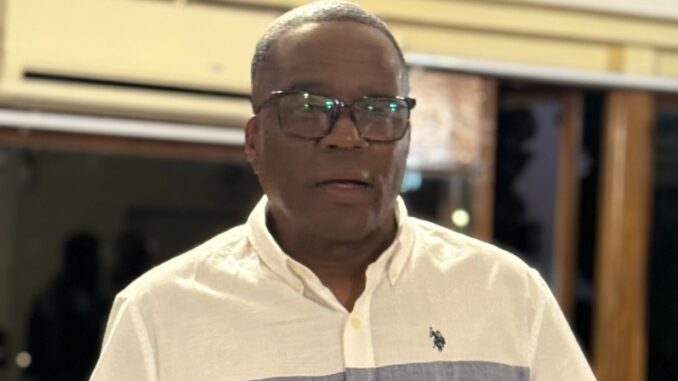
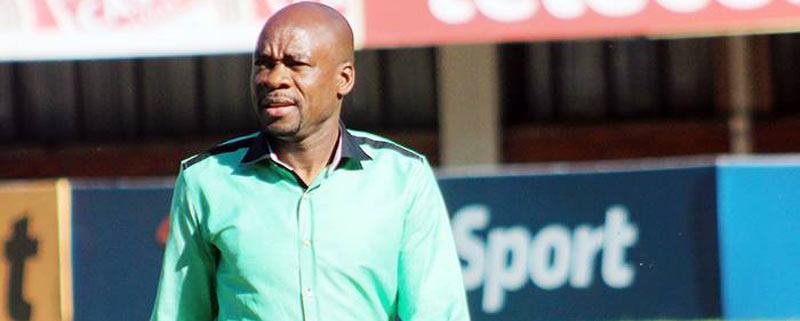

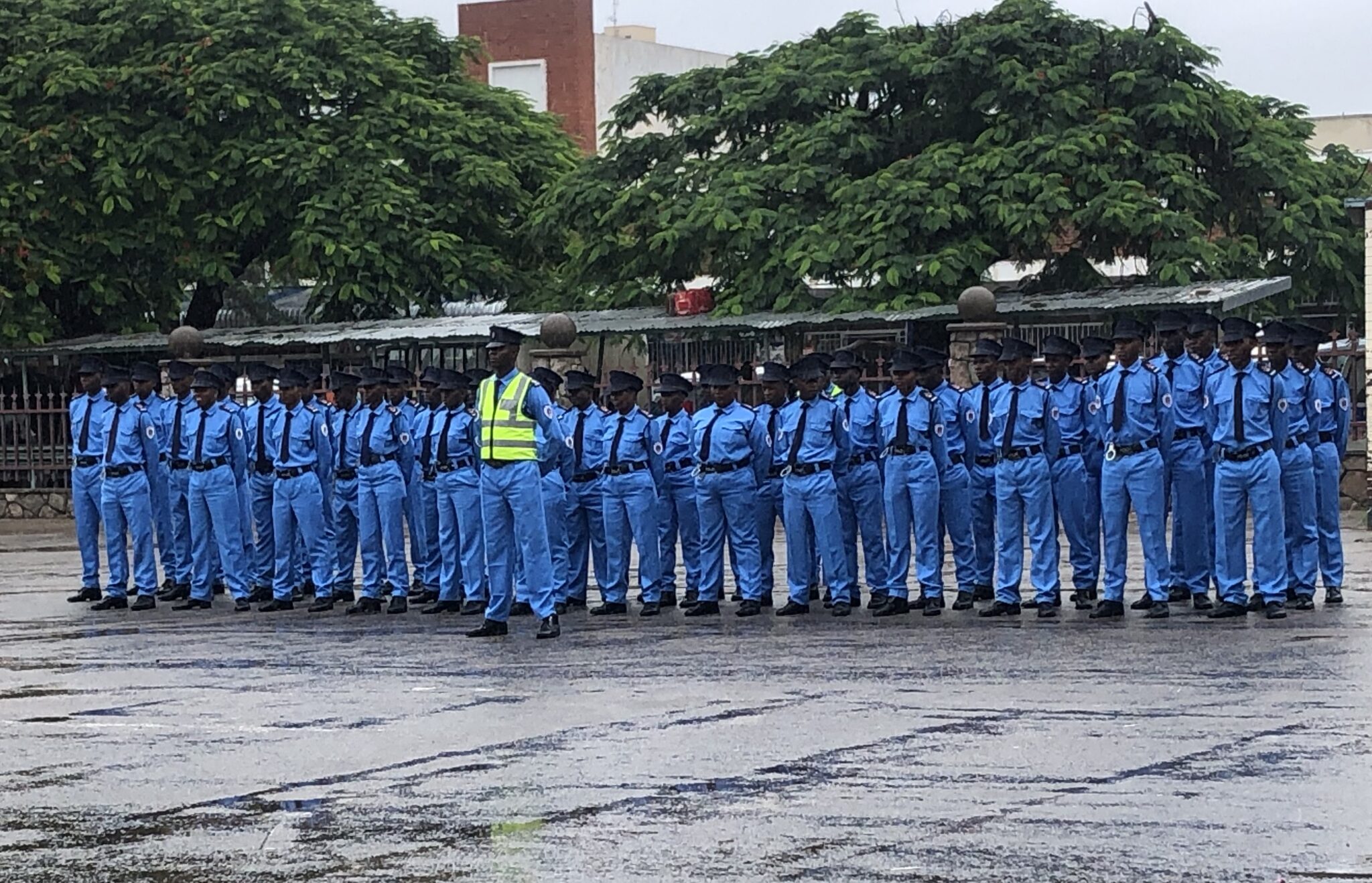
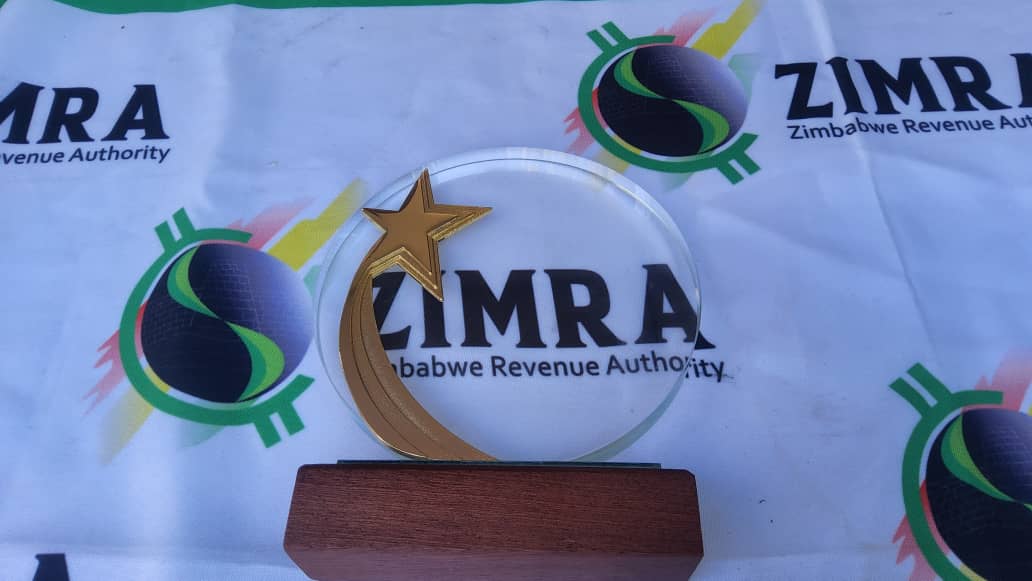
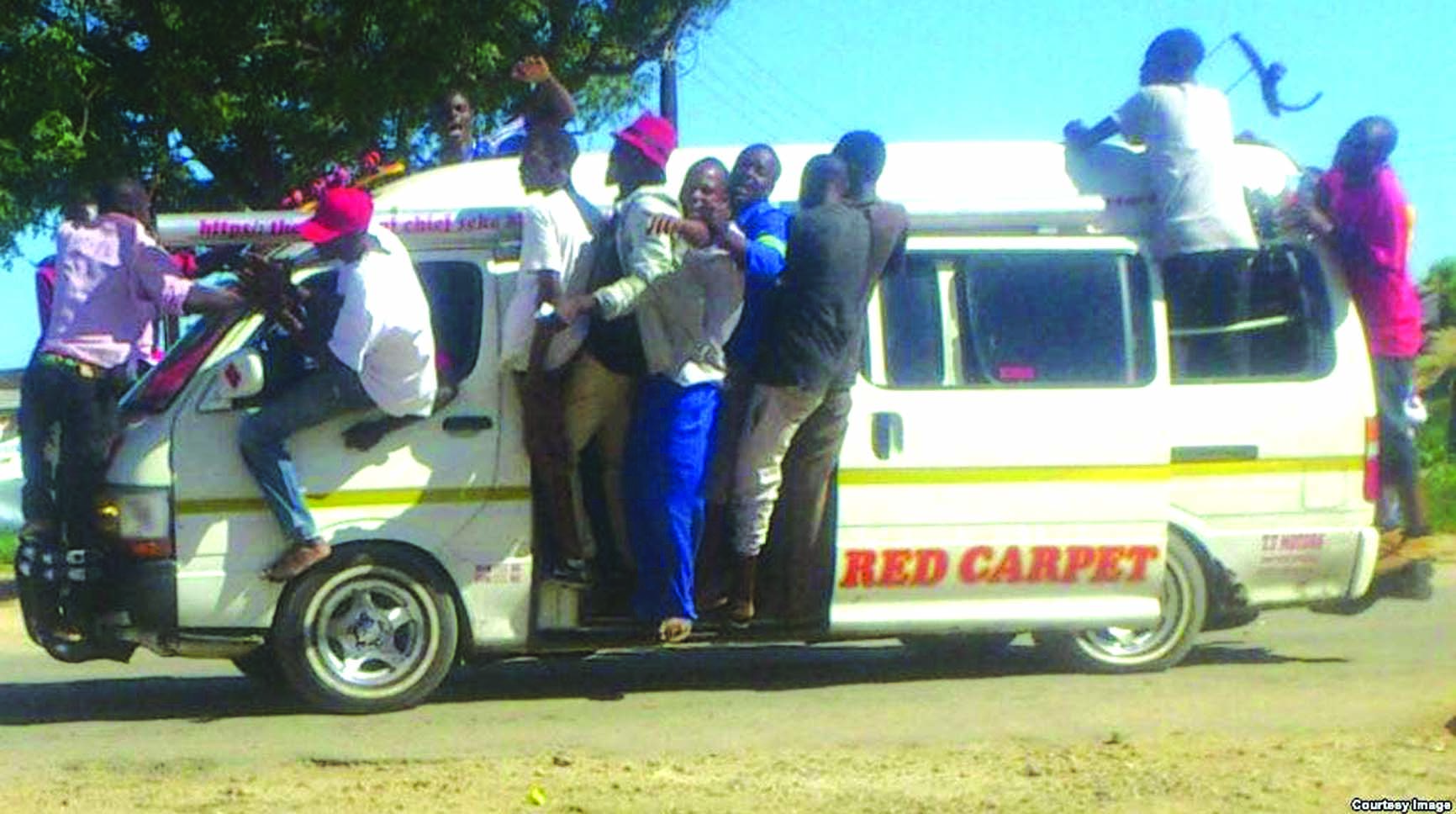
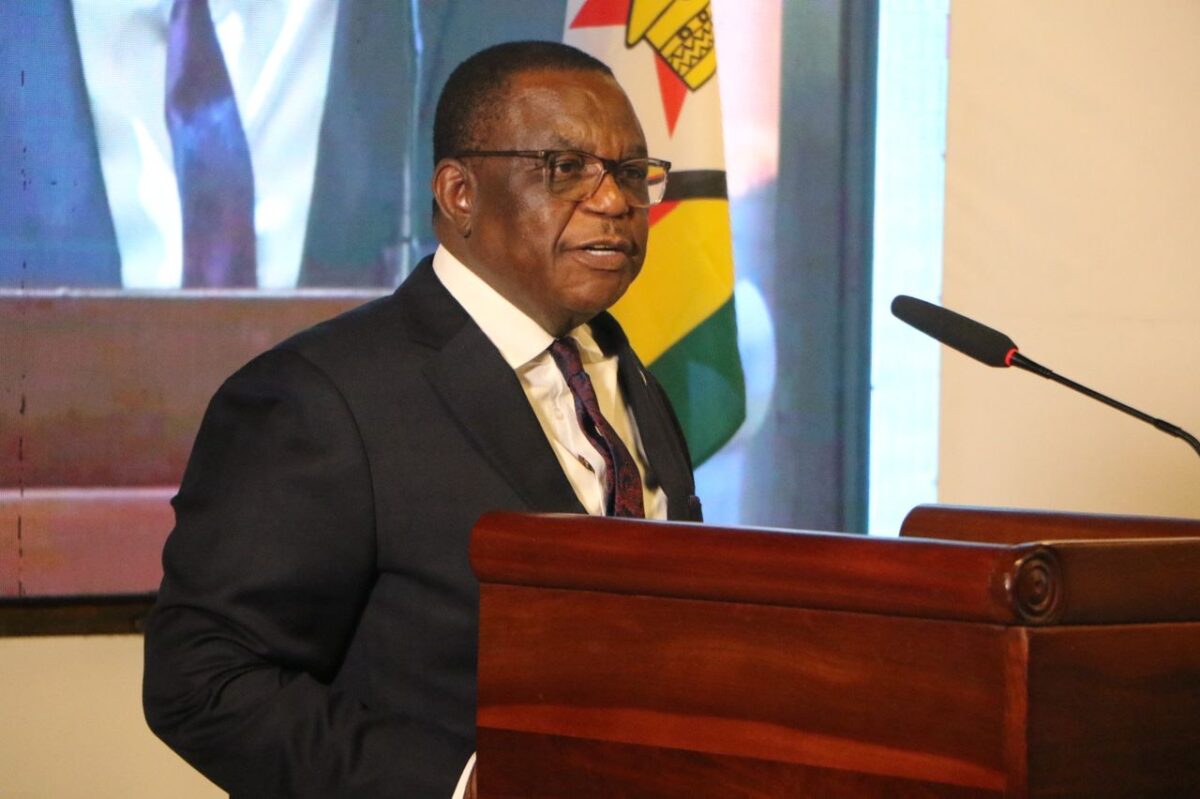
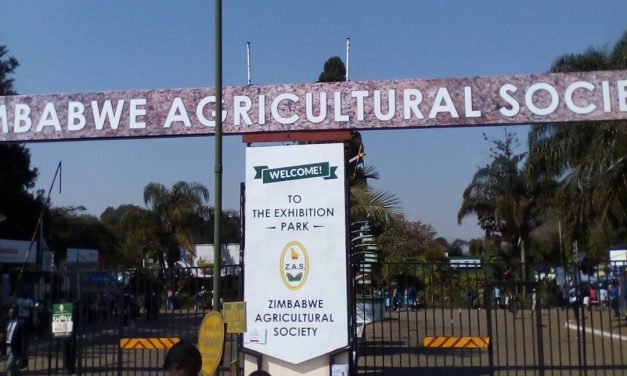
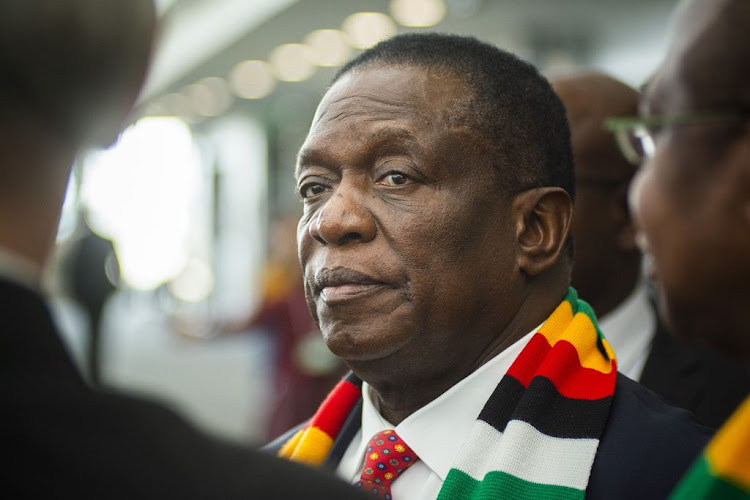

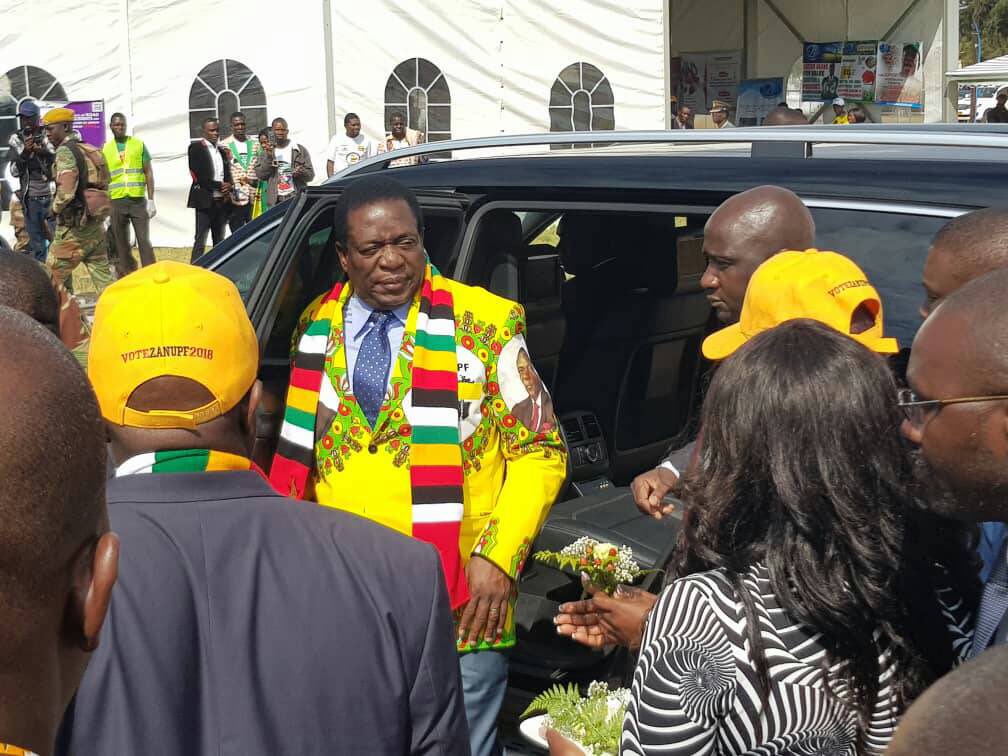
 Young Investment Professional (YIP) Graduate Programme 2019
Young Investment Professional (YIP) Graduate Programme 2019
Editor's Pick